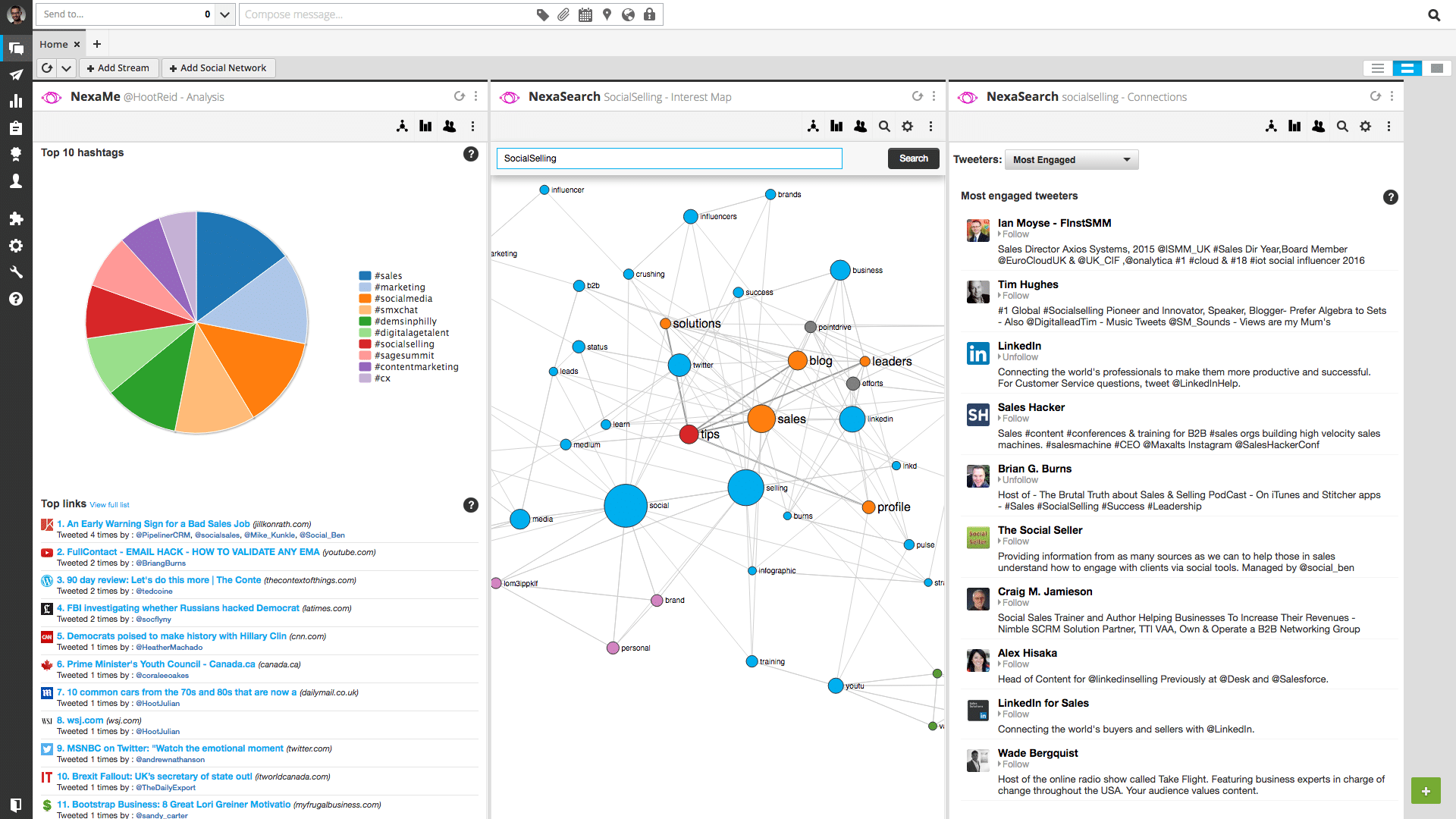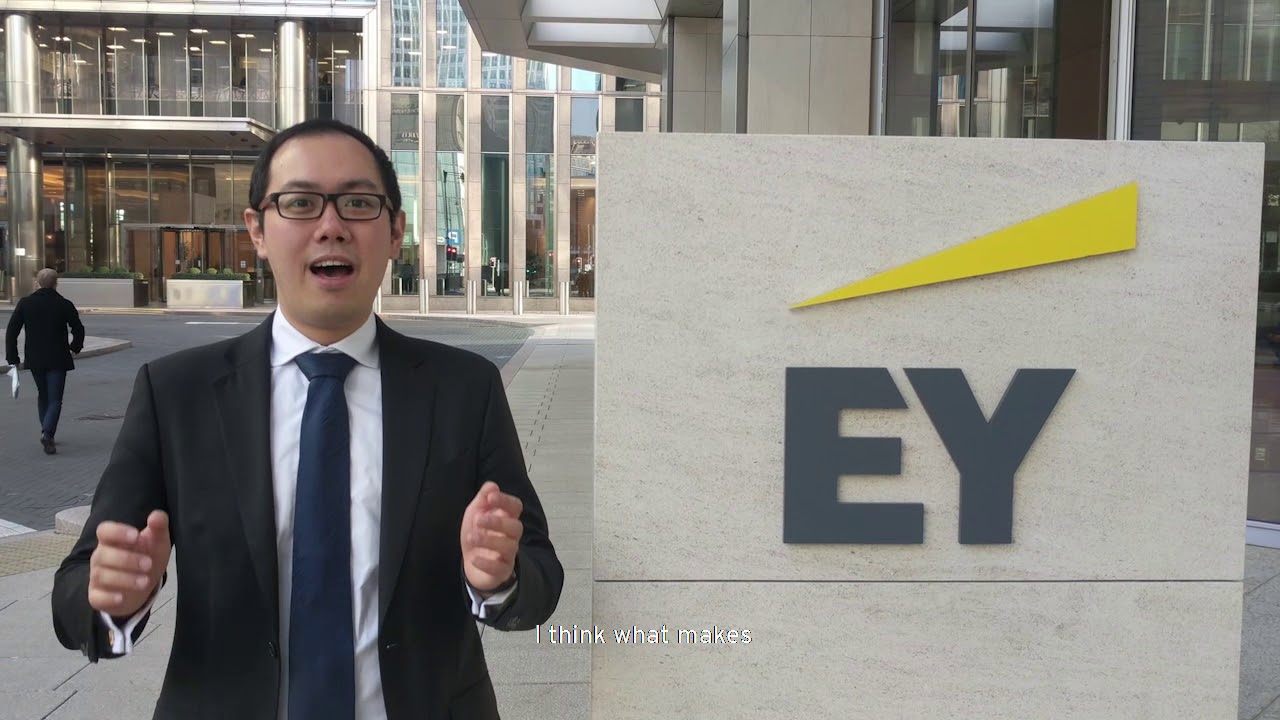
An environmental consultant, a professional who is trained in environmental issues, can help you to comply with regulations and prevent future problems. These professionals perform investigations to determine the level of risk posed by hazardous substances in surface water, groundwater, and soil. They advise clients on ways to reduce risk, avoid legal action, and avoid misguided transactions.
SQEPs help clients to manage risk and minimize their exposure.
A SQEP is an individual who focuses on identifying, assessing, and implementing risk-reduction solutions. This person can help with a variety of operational, environmental, and economic issues. They have specific skills and experience that enable them to minimise risks and put clients in control of the process. The Office for Nuclear Regulation has produced a Technical Assessment Guide for SQEPs, Human Factors Specialist Inspectors. This guide assists inspectors to determine the right number of SQEPs as well as how their tasks should be structured.
SQEPs should have specific experience in their field of work or be supervised by a SQEP who has such experience. SQEPs must also have the ability to compile PSI or DSI reports. Regulation 3 of NESCS outlines the requirements for SQEP accreditation. The Users Guide also offers guidance on how one can determine if a person is a SQEP.

They carry out investigations to determine the risk posed by hazardous substances in soil, sediment, groundwater and surface water
The process of determining whether hazardous substances exist in the environment is called a risk assessment. The risk assessment evaluates the potential for adverse effects on public health and the environment, as well the extent of exposure.
Risk assessments are often performed in conjunction with remedial plans. These plans are used to identify the required remedial actions and determine the specific risks. They are created after taking into consideration current and future resource and land use, as well as environmental issues and the applicable federal and state laws. The cleanup level must be acceptable for both the area and its residents.
They offer a variety of services
Environmental consultants have many specialties. They can assist a company with its air emission requirements or conduct an extensive site investigation. They can also help with pollution control equipment design or prepare annual Michigan Air Pollution Reporting System Forms. Environmental consultants are also a valuable resource when it comes to dealing with regulatory agencies.
Sometimes, environmental consultants work out of offices or labs. In some cases, they may also go on fieldwork. As such, they will need to be flexible, able to work efficiently under varying circumstances and quickly adapt to new situations and changes in the project specifications. Their communication skills and project management abilities are essential as they work with other environmental consultants to complete projects. They must also be able maintain client satisfaction and files.

Find an environmental consultant near you
It takes a combination education and experience to become an environmental consultant. It is important to have an interest in the environment as well as the ability to perform field research and analyze scientific data. Excellent communication and management skills will be required. Many environmental consultancies offer graduate training. Volunteering with local environmental agencies is also a good option. Many consultancies hire individuals to provide assistance to environmental concerns for both the public and private sectors.
The burden of complying with environmental regulations can be eased by having a professional environmental consultant at your side. But environmental consulting can be challenging. The work can be repetitive, and it requires a lot more self-motivation. Dealing with difficult clients is not an easy task.
FAQ
How can I start an LLC consulting company?
First, determine what you are looking to do as service provider. Then you need to make sure you are qualified for those services. It may also be beneficial to look for someone who is already qualified to do what you desire and to see how they work.
Once you have an idea of the content you want, you can then determine where your target audience is. If you don't have enough, you might need to create them.
You will then need to decide if it is worth starting your own business, or hiring others to do it.
You could also consider starting your own consulting company by getting a license from the state, but this requires quite a bit of paperwork and legal fees.
What are the advantages of being a consultant?
Consultants are able to pick when and where they want to work.
This means that you are able to work from wherever you're at any time.
You can also easily change your mind, without worrying about losing any money.
Finally, your income can be controlled and you can set your own hours.
What happens when the consultant finishes his job?
After the consultant has completed the work, they will submit a final document detailing the results. This report details the project timeline, deliverables, as well any other pertinent information.
The report will be reviewed and you can decide if the consultant met all your expectations. If not, you can either request changes or terminate the contract.
Is it possible for a consulting business to be run from home?
Absolutely! In fact, many consultants already do exactly this.
Working remotely is a common way for freelancers to work. They use tools like Skype, Trello (Slack), Trello, Basecamp and Dropbox. They may even create their own office space in order to take advantage of company perks.
Freelancers might prefer to work in libraries or cafés, rather than traditional offices.
Others choose to work at home because they love being with their children.
Of course, working from home has its pros and cons. But if you love your job, it's definitely worth considering.
Do I need legal counsel?
Yes! Yes! Many consultants create contracts without consulting clients. This can lead to issues down the road. For example, what happens to the contract if the client terminates it before the consultant has completed? What happens if your consultant doesn't follow the contract deadlines?
To avoid any potential problems, it is best to consult a lawyer.
Are consulting incomes subject to tax?
Yes, tax will be payable on any consultancy profits. This amount will depend on how much you earn each year.
If you're self-employed, you can claim expenses on top of your salary, including rent, childcare, and food.
However, you cannot deduct interest payments from loans, vehicle repairs, or the cost for equipment.
You can only claim back 25% of your expenses if you earn less than PS10,000 a year.
Even if you earn more than the threshold, you could still be taxed depending upon whether you are classified as a contractor and/or employee.
The PAYE tax for employees and the VAT tax for contractors is generally paid as you earn.
What qualifications are required to become a consultant?
It's not enough just to have an MBA degree; you must also demonstrate experience working as a business consultant. You should have at least two years of experience in consulting and/or training for a major company.
You should have had experience working with senior management to create strategy. This means you'd have to be comfortable presenting ideas to clients and getting buy-in.
Additionally, you will need to pass a professional qualification such as the Chartered Management Institute Certified Management Consultant (CMC).
Statistics
- 67% of consultants start their consulting businesses after quitting their jobs, while 33% start while they're still at their jobs. (consultingsuccess.com)
- On average, your program increases the sales team's performance by 33%. (consultingsuccess.com)
- According to IBISWorld, revenues in the consulting industry will exceed $261 billion in 2020. (nerdwallet.com)
- "From there, I told them my rates were going up 25%, this is the new hourly rate, and every single one of them said 'done, fine.' (nerdwallet.com)
- WHY choose me: Why your ideal client should choose you (ex: 10 years of experience and 6-week program has helped over 20 clients boost their sales by an average of 33% in 6 months). (consultingsuccess.com)
External Links
How To
What's a typical day like for a Consultant?
A typical day will vary depending on the type of work you are undertaking. But, in general, you will spend your time researching, planning and meeting new clients.
Meetings are a common way to discuss problems and issues with clients. These meetings can be conducted over the phone, by email, face-to-face, or online.
It is possible that you will be asked to write proposals. These documents outline your ideas and plans, and are required by clients. Before presenting these proposals to clients, you will usually need to discuss them with a colleague or mentor.
After all the preparation, you'll need to start creating content. This could include writing articles, designing websites or editing photos.
It depends on the project's scope, you might need to do some research to collect relevant statistics. For instance, you might want to find out how many people you have and if they are buying more than just one product or service.
Once you have enough information, it is time to present your findings and conclusions to clients. You can present your findings verbally or in writing.
You must also follow up with clients following the initial consultation. You could phone them occasionally to check on things or send an email asking them to confirm that you have received their proposal.
Although this process can take time, it is important to stay focused and build good relationships with your clients.